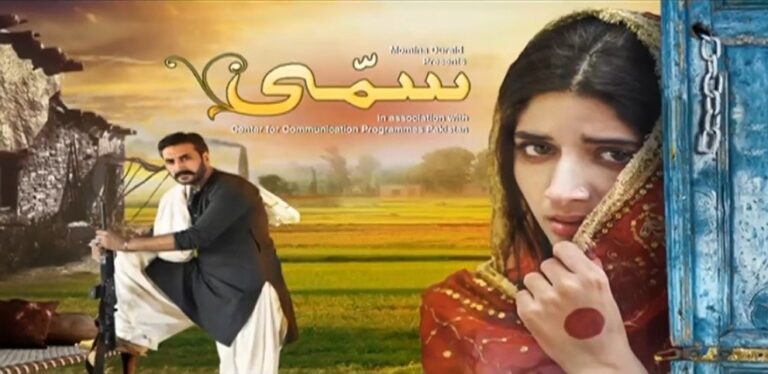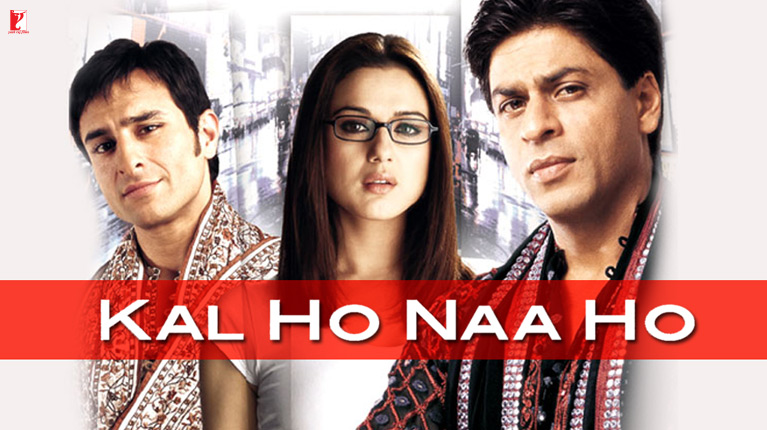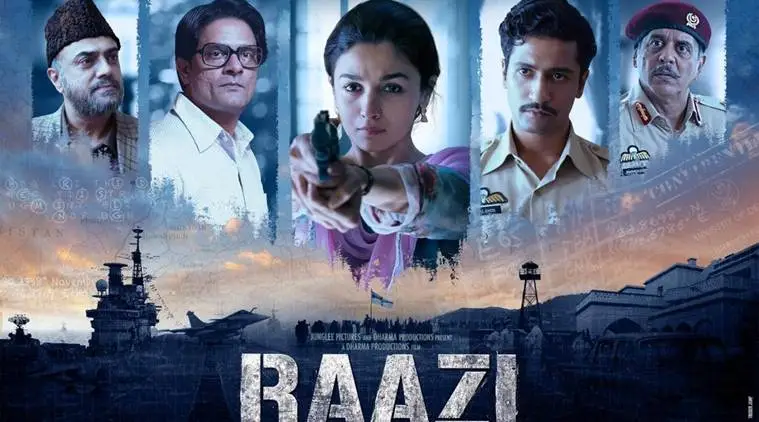Amanat Drama Review: In the opulent yet stifled world of Pakistani society, “Amanat” unfolds, a drama that delves into the murky waters of duty, desire, and the sacrifices made in their name. It paints a poignant portrait of individuals grappling with societal expectations, hidden secrets, and the burden of upholding legacies, leaving audiences captivated by its emotional intensity and complex narrative.
In the gilded cage of Pakistani society, where tradition casts a long shadow and secrets simmer beneath the surface, unfolds the drama of Amanat. It’s a story of duty clashing with desire, of hearts yearning for freedom within the confines of legacy, leaving audiences captivated by its emotional depth and intricate narrative.
Torn Between Two Paths:
At the heart of Amanat lies Zarar, a righteous young man bound by a weighty promise – to protect the wife of his deceased friend. Yet, amidst the whispers of societal expectations, a forbidden desire stirs within him. His brother, a carefree spirit, embodies the opposite of Zarar’s stoicism, drawn to the same woman like a moth to a flame.

A Woman Trapped in Grief:
Mehr, the woman they both long for, languishes in a loveless marriage, haunted by the ghost of her past and yearning for a life beyond the gilded cage she inhabits. The memory of her deceased husband looms large, a silent witness to the tempestuous emotions swirling around her.
Beyond the Veil of Tradition:
Amanat weaves a tapestry of social commentary, questioning the stifling grip of tradition and the limitations it places on women’s agency. It explores the complexities of forgiveness and the arduous journey towards healing, both personal and societal. Through the prism of love and family, the drama delves into the tangled web of loyalty, betrayal, and the enduring power of human connection.
A Journey of Self-Discovery:
As the narrative unfolds, each character embarks on a transformative journey. Zarar wrestles with his conflicting loyalties, struggling to reconcile duty with his burgeoning desires. Mehr sheds the shackles of societal expectations, reclaiming her voice and rediscovering her own agency. Even Zarar’s brother, initially seen as a frivolous foil, grapples with his choices and their consequences.
Cinematic Elegance:
Amanat is not just a story; it’s a visual masterpiece. The director, Shahid Shafaat, masterfully employs evocative visuals to mirror the characters’ inner turmoil. Opulent sets contrast with stark landscapes, symbolizing the clash between societal expectations and personal yearning. The haunting soundtrack seamlessly complements the emotional tone, adding depth and poignancy to each scene.
A Legacy of Hope:
Amanat is not a tale of despair, but of hope. It reminds us that even within the confines of duty and tradition, the human spirit yearns for freedom and self-discovery. It celebrates the power of love to break through societal barriers and the strength found in confronting our deepest desires. In Amanat, we find not just a captivating drama, but a reflection of ourselves, grappling with the complexities of life and searching for the courage to embrace our true selves.
This intro provides a concise overview of Amanat, highlighting its key themes, characters, and cinematic elements. It can be further expanded upon by focusing on specific aspects of the drama, such as individual character development, deeper exploration of social commentary, or detailed analysis of the directorial choices. The possibilities are endless, so let your imagination guide you!
Amanat Drama Cast:
- Urwa Hocane as Zarar: A righteous young man bound by duty to protect his deceased friend’s wife, torn between his principles and unspoken desires.
- Imran Abbas as Zarar’s younger brother: A carefree spirit who embodies the antithesis of Zarar, drawn to the woman Zarar has sworn to protect.
- Saboor Aly as Mehr: A woman trapped in a loveless marriage, haunted by grief and yearning for a life beyond the gilded cage of societal expectations.
- Haroon Shahid as Mehr’s deceased husband: A looming presence, his memory casting a shadow over the lives of those left behind.
- Srha Asghar as Mahi: Zarar’s confidante, a voice of reason and support who navigates the complexities of societal norms and personal desires.

| Character | Actor/Actress | Description |
| Zarar | Urwa Hocane | A righteous young man bound by duty to protect his deceased friend’s wife, torn between his principles and unspoken desires. |
| Mehr | Saboör Aly | A woman trapped in a loveless marriage, haunted by grief and yearning for a life beyond societal expectations. |
| Zarar’s brother | Imran Abbas | A carefree spirit who embodies the antithesis of Zarar, drawn to the same woman Zarar has sworn to protect. |
| Haroon Shahid | As Mehr’s deceased husband, a looming presence casting a shadow over the lives of those left behind. | |
| Srha Asghar | As Zarar’s confidante and a voice of reason and support, navigating the complexities of societal norms and personal desires. | |
| Atif Khan | As Zarar’s friend and confidante, offering him a different perspective and support in his emotional turmoil. | |
| Aisha Khan | As Mehr’s supportive sister, a pillar of strength and understanding who encourages Mehr to explore her own desires. | |
| Sania Saeed | As Zarar and Mehr’s confidante, an older woman offering wisdom and guidance through their emotional journey. | |
| Farhan Ali | As a influential figure in the community, representing the weight of tradition and societal expectations. |
Themes and Social Commentary:
Amanat tackles several potent themes, weaving them into the narrative tapestry:
- Duty vs. desire: The central conflict hinges on Zarar’s struggle to reconcile his responsibility towards his friend’s wife with his own burgeoning feelings. It delves into the complexities of societal expectations and the sacrifices made in the name of duty, leaving viewers questioning the true cost of upholding tradition.
- Women’s agency and societal constraints: Mehr’s character symbolizes the struggle of women trapped in patriarchal structures. The drama subtly critiques societal norms that limit women’s choices and highlights their yearning for autonomy and self-discovery.
- The cycle of grief and forgiveness: The lingering presence of Mehr’s deceased husband casts a shadow over the characters’ lives, forcing them to confront their grief and navigate the path towards forgiveness, both for themselves and others.
- The complexities of love and family: Amanat explores the multifaceted nature of love, showcasing its power to both bind and break hearts. It delves into the complexities of family dynamics, where loyalty, betrayal, and forgiveness intertwine in a tangled web.
Characters and Development:
Each character in Amanat undergoes significant evolution, grappling with internal conflicts and external pressures:
- Zarar: Initially driven by duty, Zarar gradually confronts his own desires, learning to navigate the treacherous waters of love and responsibility. His journey is one of self-discovery, where he learns to reconcile his principles with his heart.
- Mehr: Initially trapped in grief and societal expectations, Mehr gradually finds her voice, seeking solace and connection beyond the confines of her marriage. Her journey is one of self-empowerment and reclaiming her agency.
- Zarar’s brother: Initially portrayed as a carefree foil to Zarar, his character reveals hidden depths as he confronts his own desires and navigates the consequences of his choices.

Cinematic Elements and Direction:
The director, Shahid Shafaat, masterfully employs cinematic elements to heighten the emotional impact of the narrative:
- Hauntingly beautiful visuals: The opulent sets and contrasting landscapes mirror the characters’ inner conflicts, highlighting the stark contrast between societal expectations and personal desires.
- Evocative music: The soundtrack seamlessly complements the emotional tone of each scene, adding depth and poignancy to the characters’ journeys.
- Symbolism and metaphors: The drama employs subtle symbolism, from the recurring motif of water representing emotional turbulence to the use of mirrors reflecting the characters’ internal struggles.
Conclusion:
Amanat is not just a drama; it’s a poignant exploration of the human condition. It delves into the complexities of duty, desire, and the sacrifices made in their name. It leaves audiences questioning societal expectations, pondering the true meaning of love and forgiveness, and ultimately, celebrating the power of self-discovery. The characters’ journeys, fraught with challenges and emotional upheavals, resonate deeply, reminding us that life is a tapestry woven with threads of duty, desire, and the unwavering human spirit.
This is just a starting point for your exploration of Amanat. Each section can be further expanded upon to delve deeper into specific themes, character development, or cinematic elements, depending on your desired level of detail and focus.
Share this content:













+ There are no comments
Add yours